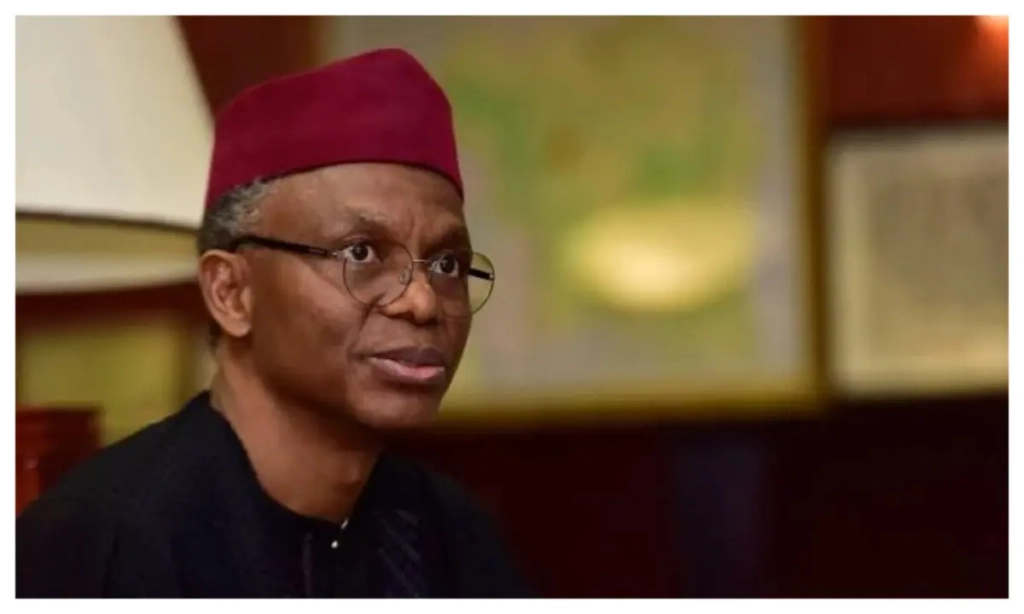Nasir El-Rufai, former governor of Nigeria’s Kaduna State, has called for voters to reject the ruling All Progressives Congress (APC) in the 2027 elections, warning that the party’s governance endangers national unity. Speaking at a youth mobilization event in Sokoto State on Saturday, El-Rufai, now a prominent figure in the opposition coalition, criticized the APC as “incompetent and clannish,” urging citizens to support efforts to unseat the party.
The ex-governor framed his opposition stance as a moral obligation, asserting that he entered politics solely to serve the public. “I didn’t get into politics to enrich myself but to serve,” he said. “When a government ceases to serve the people, it is my duty as a senior citizen to not only speak out but take action to reverse the situation.” His remarks underscored deepening fractures within Nigerian politics, with opposition groups coalescing to challenge the APC, which has held power since 2015.
El-Rufai’s criticism coincides with a strategic shift by opposition parties, including the recent decision to rally behind the African Democratic Congress (ADC) as their primary platform ahead of 2027. The move signals growing coordination among dissenting groups aiming to capitalize on public dissatisfaction with the APC, particularly regarding economic instability, security challenges, and perceived ethnic favoritism.
The former governor’s appeal targeted young voters, a critical demographic in Nigeria’s elections, as he emphasized the urgency of political change. His speech in Sokoto, a historically influential state in Nigeria’s northwest, highlighted efforts to broaden the opposition’s outreach in regions traditionally aligned with the APC.
The APC has yet to publicly respond to El-Rufai’s comments, but the party faces mounting pressure amid nationwide protests over rising living costs and insecurity. Analysts note that El-Rufai’s defection from the APC in 2022—after years as a key advocate—adds symbolic weight to his critiques, reflecting internal discord within the ruling party.
Nigeria’s next general elections remain three years away, but El-Rufai’s mobilization efforts signal an early escalation in political maneuvering. His rhetoric aligns with broader opposition claims that the APC has failed to address systemic issues, including regional disparities and corruption. As coalitions solidify, the focus on unity and service, contrasted against accusations of clannish governance, is poised to dominate discourse ahead of the poll.
